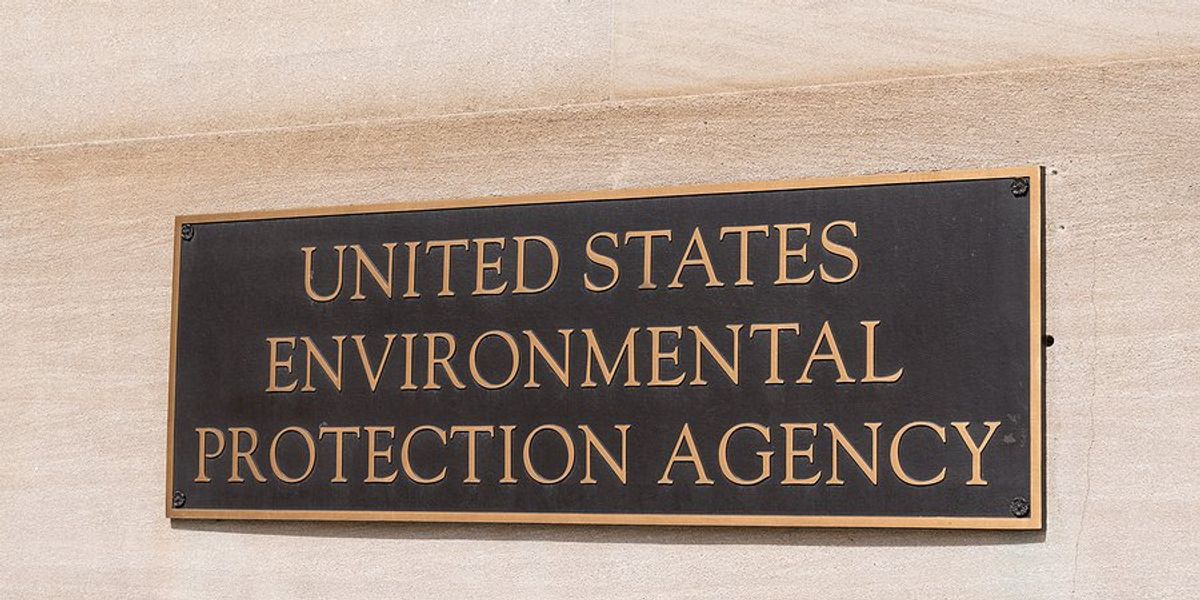bolivia
Power struggles in Bolivia as gas drilling threatens national parks
In the heart of Bolivia, the Tariquía reserve faces upheaval as the government pursues gas reserves, igniting conflict and economic uncertainty.
In short:
- Bolivia’s government, seeking to sustain its fossil fuel-based development, is targeting protected areas like Tariquía for gas exploration.
- Gas production decline, coupled with economic challenges, prompted the government to pursue new reserves despite community resistance.
- Opposition from local communities highlights tensions over consultation, environmental impact, and promises of development.
Key quote:
“[Exploitation of] Tariquía was inevitable with the continuation of that [extractivist] model. Protected areas are the new extractive frontier.”
— Dr Penelope Anthias, Durham University geographer who has worked in the reserve
Why this matters:
National parks in Bolivia, like Madidi National Park and Tariquia Flora and Fauna National Reserve, are vital havens for diverse ecosystems, rare species, and Indigenous cultures, but the expansion of gas drilling activities near these protected areas poses significant risks.
For example, the process of gas drilling involves extensive infrastructure development, including roads, pipelines, and drilling rigs, which can fragment habitats, disrupt wildlife corridors, and introduce pollutants into sensitive ecosystems.
Closer to home, a 2019 study showed that more than 80 percent of waste from Pennsylvania’s oil and gas drilling stays in the state.
COP28: El Niño in South America is a preview of a world under climate change
Climate change: Lake Titicaca on drought alert since end of July
Lake Titicaca, located between Peru and Bolivia, has been on drought alert since the end of July. The cause is high temperatures and lack of rain, with major consequences for the local population.
A drought alert for receding Lake Titicaca has Indigenous communities worried for their future
Climate change, tourists impact Bolivia’s flamingo habitats
Bolivia's salt flats, colored lagoons and flamingo sanctuaries attract thousands of visitors every year. But climate change and tourists are endangering the country’s rich flora and fauna.
Unchecked deforestation destroying evidence of lost Amazon civilisation
Cutting down trees in Bolivia’s Beni region not only damages the environment, it obliterates ancient remains: ‘That part of the archaeological archive is lost’.
In the western Amazon, oil blocks eat away at Indigenous lands, protected areas
A total of 1,647 Indigenous territories and 52 protected areas are affected by encroaching oil lots in Bolivia, Ecuador and Peru, some of them subsumed entirely within concessions.



















